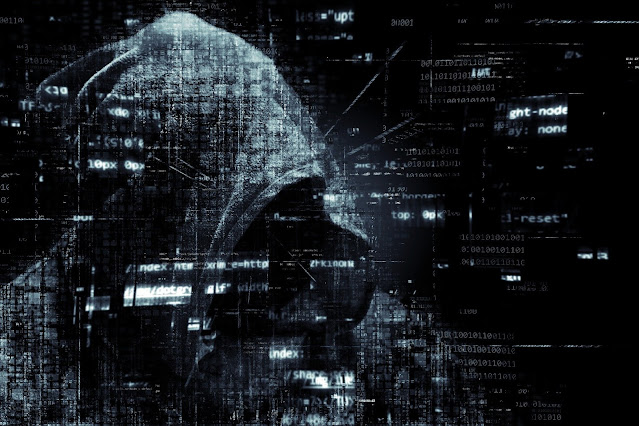The leak is likely from a frustrated employee of Chinese cybersecurity company I-soon (Anxun in China), which tells a denting story of China's cyberespionage operations. It provides us with a backstage glimpse of China's hacking ecosystem.
Since 2010, China has leveled up its cyberespionage and cybertheft game to such extremes that FBI Chief Christopher Wray said that China's state-sponsored hackers outnumber U.S. cyber intelligence personnel 50-to-1.
The Players
I-Soon: The Contractor
I-Soon works for Chinese government agencies and private players. It has ties to China's major government contractors such as the Ministry of Public Security (police) and the Ministry of State Security (intelligence). I-Soon is a shadowy figure that plans campaigns crossing borders. Its weapons include zero-day exploits, sophisticated tools, and a diverse team of skilled hackers.
Targets: Foreign Networks to Dissidents
The leaked documents disclose I-Soon's wide range of surveillance. Their spying targets include both Chinese citizens and foreigners. The main targets are:
1. Foreign Networks: I-Soon's reach goes beyond Chinese borders. They hack foreign networks, steal sensitive info, and leave no digital stone untouched. Whether military intelligence, personal data, or corporate secrets, I-soon is involved in everything.
2. Political Dissidents: Regions like Hong Kong and Xinjiang are constantly under I-Soon's surveillance radar. The aim is to keep an eye on any form of dissent and opposition and inform the Chinese government.
The Exposed Data
Darkweb and Hacked Databases
I-Soon has vast databases of hacked info. These databases have stolen credentials, surveillance footage, and hacked emails. But where does it end? The hacked data is sold on the dark web. Chinese police are always on the lookout for this information, they buy these digital assets to improve their surveillance operations.
The Silent War
Cyberespionage is a war fought on an unseen battlefield. Contrary to traditional conflicts, there are no casualties or damage that can be seen in the open. However, cyber espionage destroys firewalls, lines of code are disrupted, and digital footprints disappear. A lot is at stake, economic dominance, national security, and ideological superiority.
The Impact
State-sponsored Cyberattack
I-Soon's operations highlight the murky relationship between state-sponsored cyber operations and private contractors. While the Chinese government shows it has no involvement, contractors like I-soon do their dirty work. The blurred lines between private and public actors create an environment where accountability doesn't exist.
Global Cybersecurity Awareness
The leak serves as a reminder to individuals, corporations, and nations to strengthen their digital defenses. Cybersecurity is a basic need for digital survival, it's not a luxury. Threat intelligence, encryption, and partnership across borders can be the defense against unknown cyber terror.
What have we learned?
The leak is only a glimpse into the dark world of cyberespionage, what we see is just the tip of the iceberg- the iceberg is hiding much more. I-Soon's leak is a wake-up call.









